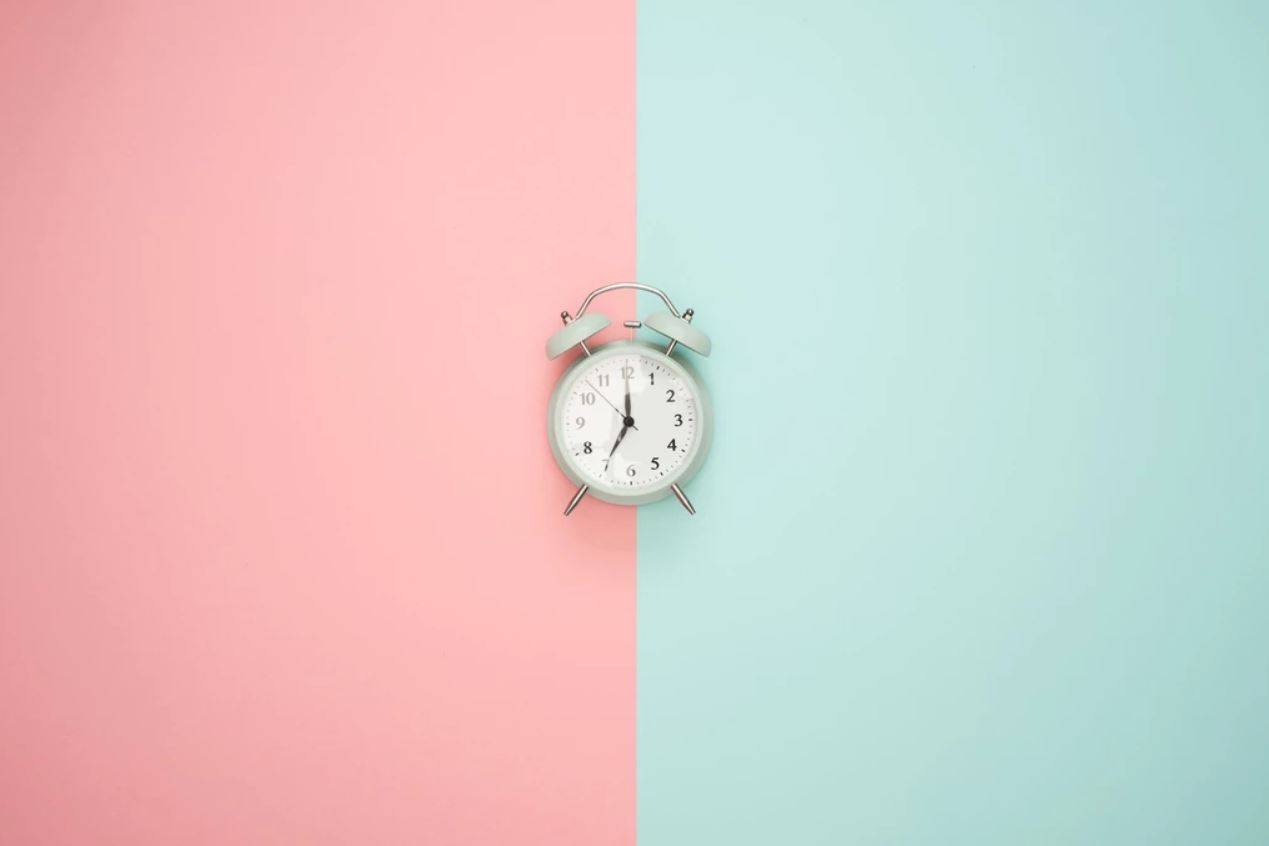By the end of October, our smartphones, among other electronic devices, are likely to automatically update the time, one hour will go back and it is for us to adapt it into our daily life schedules. While some might have preferences between the current and the future schedule, the irrevocable change affects us physically and mentally. This change is much harder for mums and dads who happen to have a baby at home.
Baby Sleep Tips When the Clocks Go Back

In order to maintain your sanity while setting up a new bedtime for your little one, here are some suggestions:
1. Administrate time gradually. Give time to your baby’s circadian rhythm (inner clock) to adjust by small time leaps instead of all at once. This will prevent your baby from waking up tired and stressed during the rest of the day. We recommend for parents to start one week earlier before the clocks go back. Every day, do a 15-minute modification to the sleep schedule of your little one. We also advise to reschedule the daily activities of your baby, such as feeding, playing and exercising. It is important to take them into consideration because they passively influence bedtime and the sleep quality of your little one.
2. Room environment. Since we are advising you to cheat on the clock, the daylight might be a little harsh to cope with. If you haven’t already, invest in a thick pair of curtains, keeping a dark room will encourage your little one to sleep through those extra 15 minutes. Another factor to notice is noise. If you are putting your baby to sleep earlier than everyone else in the family and the neighborhood, you might notice more noise. We cannot have full control of the external noises; which can distract or, even worse, interrupt your little one’s bedtime. White noise is a big help to conceal external noise; and at the same time, it helps to soothe baby to sleep.
3. Light exposure. Sleeping and waking habits are highly influenced by light and darkness. According to the Sleep National Foundation, 2018, “exposure to light is linked to the release of hormones like cortisol, a hormone to help us be alert during the day; when darkness arrives, our bodies produce melatonin, which is a hormone related to sleep onset. Darkness and daylight also influence body temperature and other functions that play a role in making us feel sleepy or wide awake.” Once the time switch happens, try to spend time outside with your baby during the morning. The purpose being to encourage the metabolism to produce hormones and mechanisms that will make your baby feel more awake. As for night time, avoid the use of artificial light that will overstimulate the baby’s brain; making it harder for them to fall asleep.
If you are a mum or a dad, it is likely that reversing the clocks doesn’t get you excited, as you have already spent so many sleepless nights with your little one. But changing the clocks doesn’t have to be a painful experience, and we hope the suggestions from above will help you in the transition of the schedule. Our best and last piece of advice is: patience. Getting frustrated at yourself or your baby will just make everything more exhausting. Your little one will probably adjust to the new bedtime in no more than one week, and you will too get your sleep back (yay!). Let us know about your personal stories on setting the clocks back, we would love to hear about them on Instagram @babymoriofficial or in the comments section below!
Follow us on our social channels!






